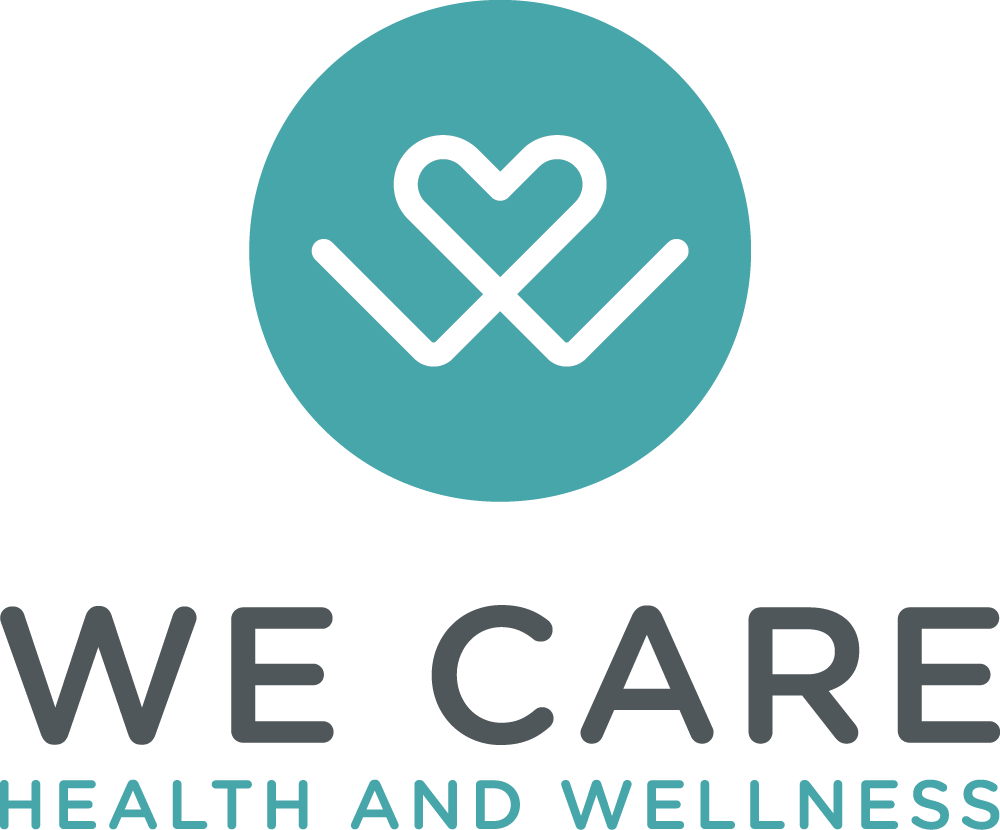As we always say: “Recovery is a journey”. It’s often a challenging path, filled with obstacles and setbacks.
Community support in recovery can be a powerful ally. It provides a sense of belonging, understanding, and accountability that can significantly improve the chances of success.
Recovery support groups and community wellness programs offer resources and activities that promote overall well-being. They provide a platform for shared experiences, reducing feelings of isolation and stigma.
The Role of Community Support in Recovery
Community support is vital for anyone seeking recovery. It offers more than just companionship. With a supportive community, individuals feel understood and accepted. This sense of belonging can be transformative.
Shared experiences among peers help to ease isolation. They also reduce the stigma often associated with recovery. Moreover, community support in recovery fosters accountability. This accountability can be a crucial element for maintaining long-term progress.
Benefits of Recovery Support Groups
Recovery support groups offer many benefits to individuals in recovery. They serve as a safe space for open dialogue. Members share personal stories, which can be inspiring. This allows others to learn and grow in their own journeys.
In these groups, individuals find companionship among those who understand their experiences. This understanding fosters empathy and trust.
Some key benefits include:
- Reduction of isolation
- Access to shared knowledge
- Opportunities for peer encouragement
How Community Wellness Programs Aid Recovery
Community wellness programs play a crucial role in the recovery process. They provide resources that promote overall well-being. These programs often include fitness classes, nutrition workshops, and stress management sessions. Such activities improve physical and mental health.
Moreover, wellness programs connect individuals with healthcare experts. This access ensures that participants receive comprehensive care and guidance. By addressing multiple health aspects, these programs empower individuals. They help in building a healthier and more balanced lifestyle.
The Strength in Asking for Help
Asking for help is a powerful act in recovery. It signifies strength, not weakness, and fosters personal growth. By reaching out, individuals open doors to new opportunities. They find guidance and support in unexpected places.
This act can reduce feelings of isolation and stigma. It connects people to others with similar experiences and challenges. Seeking help creates accountability, vital for maintaining recovery. It establishes a network of support that encourages ongoing progress and resilience.
Building a Supportive Network for Long-Term Success
Building a supportive network is essential for lasting recovery. This network offers companionship, understanding, and shared wisdom.
Friends and family are vital components, providing a familiar and caring environment. They can offer encouragement during challenging times. Recovery support groups introduce new connections. These groups provide a safe space to share experiences and learn from peers.
A strong network can help individuals rebuild relationships. It fosters trust, essential for repairing bonds damaged by addiction or mental health struggles.





